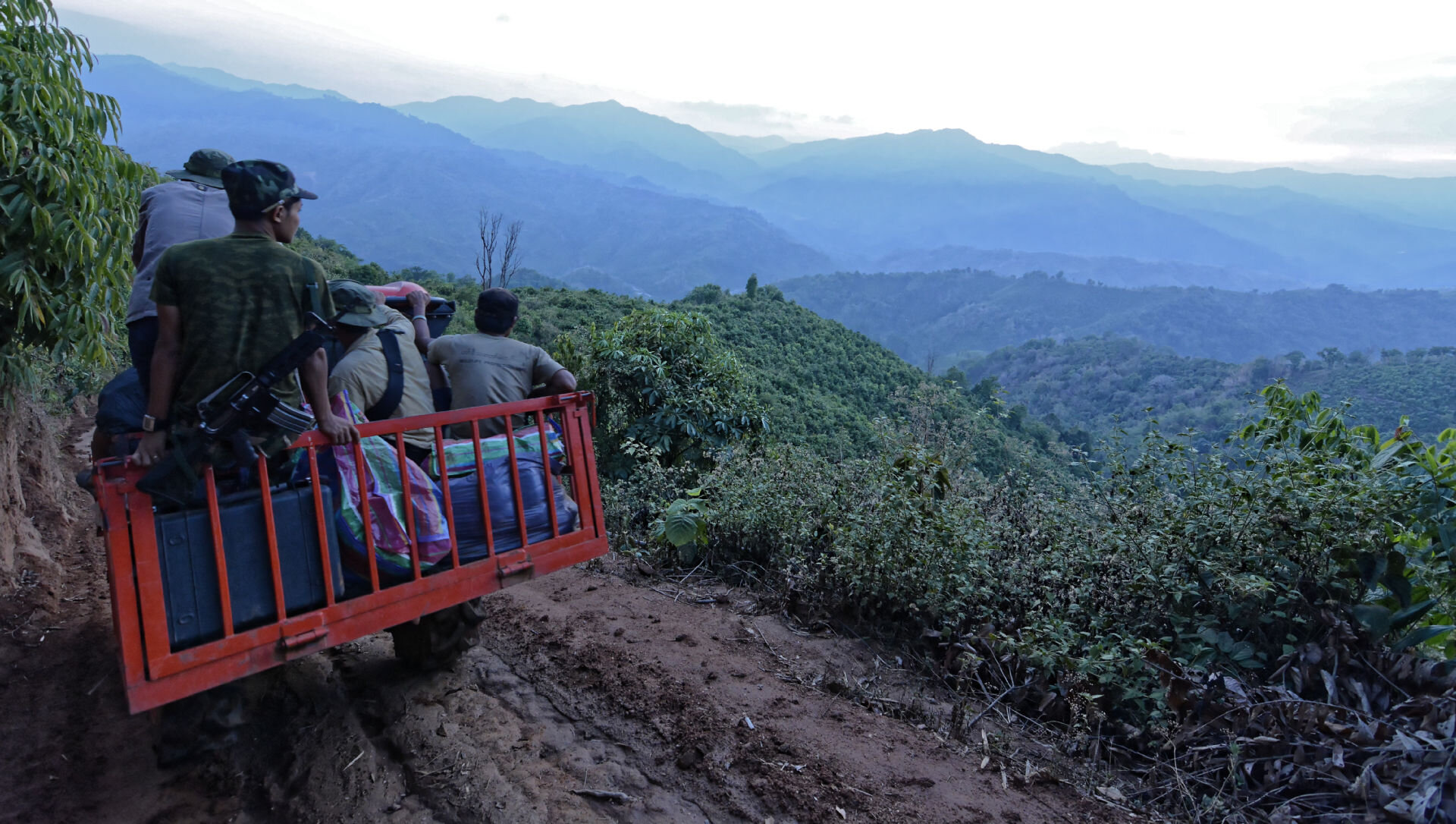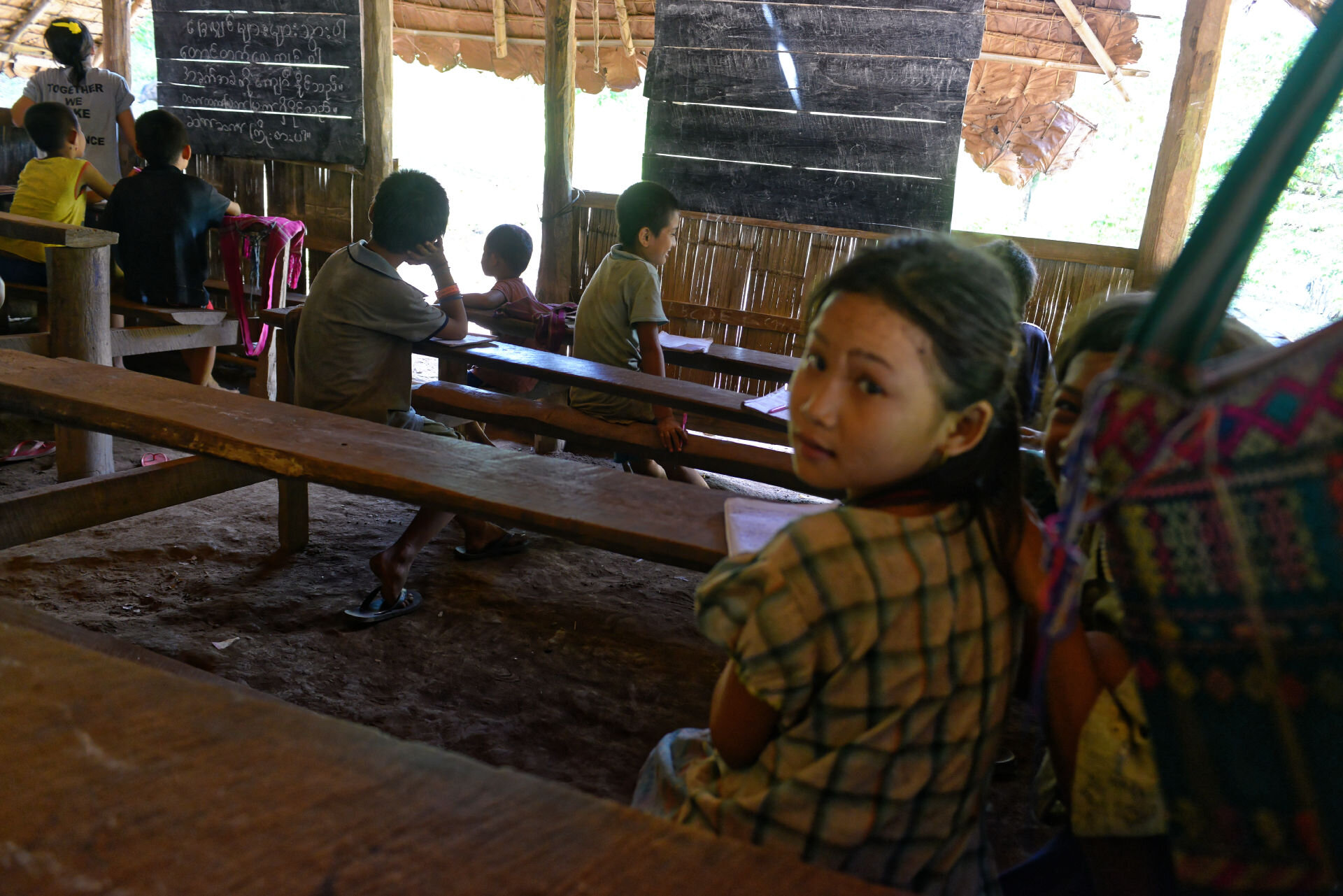
Burma’s Last Eden
The Indo-Burma Hotspot is the most threatened biodiversity hotspot in the world. Karen State lies within this hotspot and retains some of the most valuable biodiversity remaining is Asia.
Black markets continue to expand and insatiable demand for wildlife and pressure from illegal logging continues to increase. Myanmar and Thailand are major regional hubs that facilitate both the extraction and trade of endangered wildlife to supply these markets. Central to the successful long-term preservation of biodiversity in Karen State and in the connected world heritage protected areas in Thailand is the training and deployment of ethnic wildlife protection units.
After decades of military rule, economic sanctions and international isolation the recent quasi-civilian NLD government led by Aung San Si Kyi attempted to integrate this former ‘pariah’ nation into Southeast Asia and the greater global community and initiated a series of reforms to attract foreign investment and stimulate economic growth. The response was considerable, Myanmar was touted as Asia's “last economic frontier,” and it quickly became the focus of massive international corporate interest.
In February 2021 the Myanmar military led by commander-in-chief Min Aung Hlaing took illegitimate power in a bloody and illegal coup. As Burma now descends rapidly into all out civil war and its natural resources continue to be relentlessly exploited, the future for Burma’s remaining wild areas is very uncertain.
































